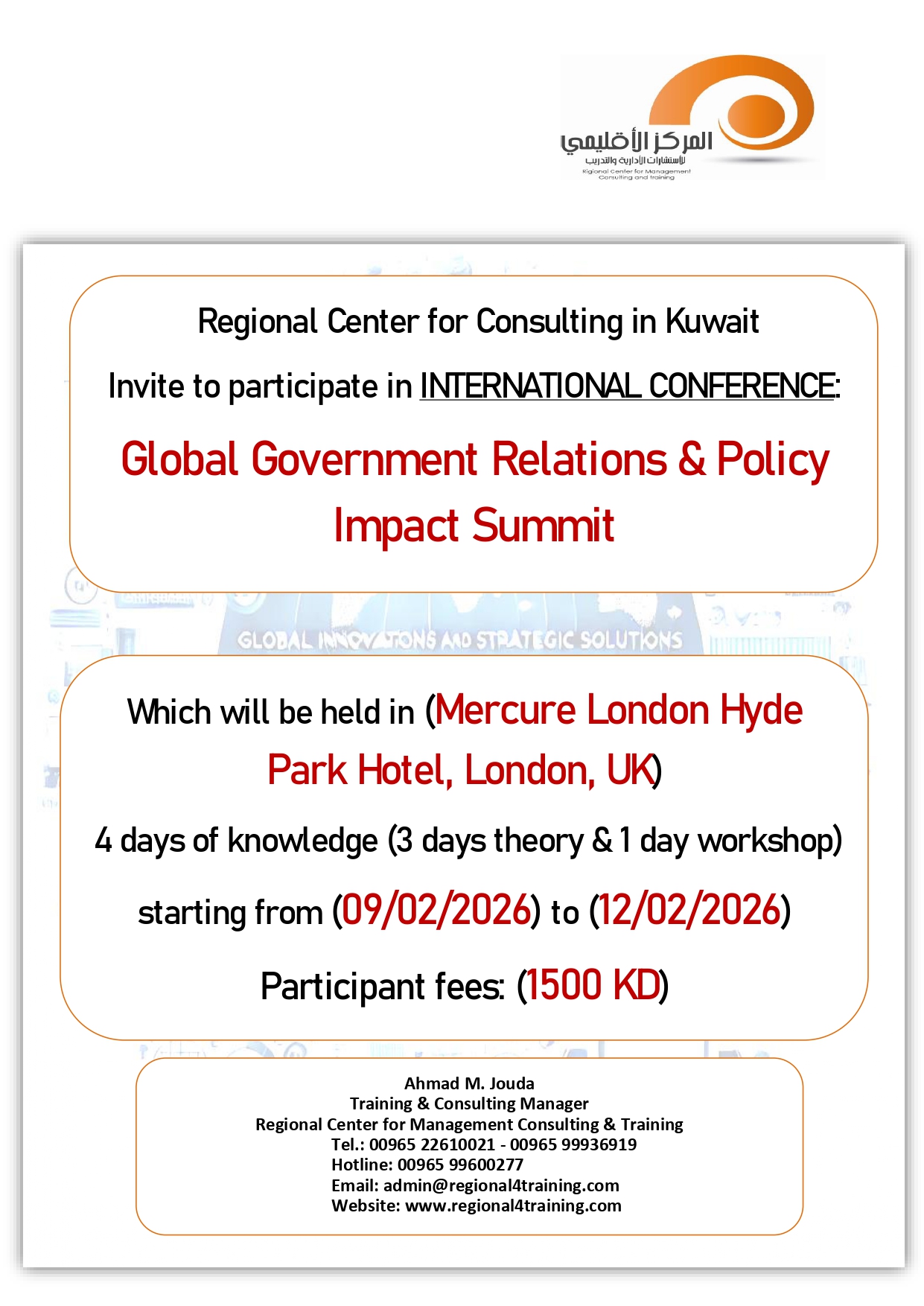
Mailing List
Sign up with your email and be the first to know about our latest news and programs.
Brochures
In the replica watches inner movement configuration, the replica watches uk carries the Omega 8520 coaxial movement. Through the rolex replica transparent case back, the self-winding coaxial movement certified by the Swiss uk replica watches official observatory can be seen to operate with precision.

PROGRAMS DETAILS
“粉嫩公主”是由粉嫩公主生物科技有限公司粉嫩公主酒酿蛋着力打造,主打以天然健康的食材与传统酿制工艺丰胸产品相结合的高品质美胸品牌,主张“健康、天然、绿色”的丰胸最快方法生活理念,专业研发、生产、销售健康的美胸产品粉嫩公主。
